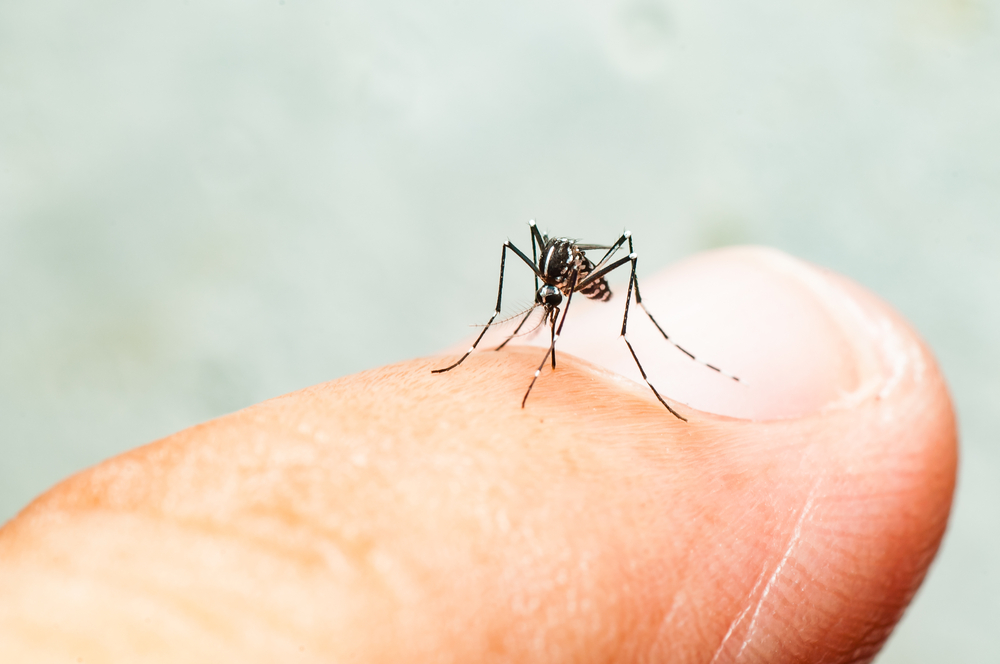
A report released by the World Health Organization (WHO) this week analyzed a dengue fever epidemic that caused them to declare an outbreak in Burkina Faso in September and urged countries to consider dengue vaccines.
Notably, this case has differed from past outbreaks in that several serotypes of dengue have been detected at work in Burkina Faso, and the number of cases rapidly surpassed its predecessors. More than a dozen people have died of the fever so far and nearly 7,000 people were suspected or confirmed as infected by the end of October, with cases spread throughout 12 of the country’s 13 health regions, though the vast majority have been within its central region. Further, WHO reports numbers are likely underestimated, and continue to grow.
While the National Epidemic Management Committee is coordinating response activities to the outbreak, WHO has advised against any travel or trade restrictions to Burkina Faso during efforts to contain the spread. Their focus in-country right now is the strengthening of epidemiological surveillance, the establishment of free medical care and treatment for severe cases, the creation and use of a national dengue clinical management algorithm, and dissemination of prevention measures through local media.
Matters have been complicated by an improved but still limited dengue surveillance system in Burkina Faso, and the limited access local public health facilities have to dengue fever diagnostics. Mosquitos are also problematic, as the recent rainy season has allowed for multiple breeding sites exacerbated by poor sanitation. Efforts are being made to eliminate these sites and distribute insecticidal nets to hospitals, but the problem remains.
WHO is pushing for increased surveillance, greater communication, and more mosquito control operations.




